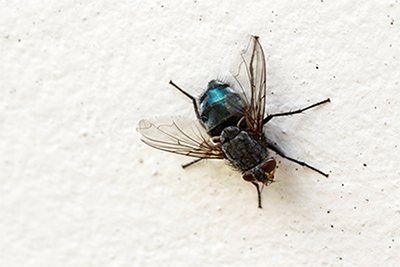 Social chemistry is hard to quantify. Sure, ethnomethodologists with names like Harold Garfinkel have given social explication the old college try using conversation analysis. But for every hmm and ih’f and umm studiously recorded and analyzed for academic posterity there’s rhythms, rhymes, seasons, and reasons that defy the gravity of scientific inquiry. Much of life remains a mystery no matter how we research it, but that doesn’t mean our AU education can’t aid us in everyday interactions.
Social chemistry is hard to quantify. Sure, ethnomethodologists with names like Harold Garfinkel have given social explication the old college try using conversation analysis. But for every hmm and ih’f and umm studiously recorded and analyzed for academic posterity there’s rhythms, rhymes, seasons, and reasons that defy the gravity of scientific inquiry. Much of life remains a mystery no matter how we research it, but that doesn’t mean our AU education can’t aid us in everyday interactions.
There’s mysterious forces at work when we come up with new thesis statements for our coursework, or when we interact socially with new people. Social interaction’s a bit like alchemy, that medieval trade where elements magically mix to become gold. Happy nuggets nowadays might be an apt term to describe positive friction when two new people meet and get along. Mapping such interaction is difficult, to say the least. Whereas Dimitri Mendeleev created a noble scientific table of natural elements and noble gases, the ingredients for that noblest vocation, being in love, remain as incalculable and elusive as ever. Science and learning have their limits, as does the desire to really know some things once and for all. Even if, say, a love algorithm was invented, what fun would that be? Or what fun would education be if computers had picked our careers for us way back in elementary school? Maybe it’s a flawed viewpoint to think of learning as an acquisition of answers instead of as a lifelong evolution in how we see the world and others.
The desire for predictability and repeatability and consistency isn’t only part and parcel to science, it’s also key to the industrial revolution that we, to this day, carry culturally with us in the form of our smartphones, jobs, and lifestyle. Karl Marx stated that, whereas the ruling class depends on certain assumptions not being shaken up, these same assumptions lead the working class to a life of robotic toil far beneath their capacities to live in joyous freedom: “Just as, to the bourgeois, the disappearance of class property is the disappearance of production itself, so the disappearance of class culture is to him identical with the disappearance of all culture. That culture, the loss of which he laments is, for the enormous majority, a mere training to act as a machine.” (Marx, p. 238 & online). One senses that the idea of love fits closer to the political idea of a culture based on interaction, not on production, than one might normally suppose. And connection between our self and our studies that brings out new and exciting epiphanies too.
Life may have a musical soundtrack, but poetry in motion is generally secondary to more mundane day to day economic and interpersonal realities. Maybe a science of love and, for our purposes, enjoyable learning at AU would have to consciously bypass norms and conventions of rational knowledge. We are not machines or computer programs, after all.
Sometimes a wrench in the machine of mundane reality is a great idea. Just as the whimsical adoration for a newfound AU course can be transformative in our lives, so too can random human interactions often yield wondrous fruit. A study of the nature of wit, that ability to make others laugh and to share in unique and jovial insights, found that “uncensored access to associations, conscious and unconscious, is essential to wit” (Livni, online). To wit, to woo, indeed! Creative and critical thinking is, in many ways, about thinking new thoughts about old ideas. Our tutors certainly appreciate new takes on the same old syllabii; in this sense the nature of wit rhymes with the nature of being better students. Education is about so much more than just repeating what we’ve learned, like an automaton wearing graduation garb. So next time you feel like you’re in harness as a student, remember to inject some whimsical wit into your essays!

